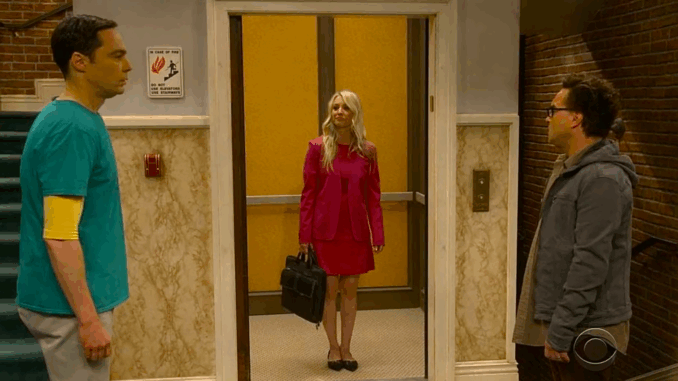
When Being the “Nice Guy” Meant Bearing the Emotional Weight of the Group
Leonard Hofstadter often gets overlooked amid the more bombastic personalities on The Big Bang Theory. He doesn’t have Sheldon’s genius arrogance, Howard’s flirtatious antics, or Raj’s poetic loneliness. Yet in many ways, Leonard is the emotional backbone of the series—a quiet hero whose steady presence allows the chaos around him to thrive safely.
Nowhere is this more apparent than in the Season 3 finale, “The Lunar Excitation,” where Leonard’s attempts to find emotional connection crash against the growing complexity of his relationship with Penny. It’s a turning point that shows us that love—real love—isn’t always tidy. And Leonard, despite his smarts, is still figuring it out.
Leonard’s Burden: The Smartest Guy Still Looking for Belonging
From the very first episode, Leonard wants one thing above all: to be accepted and loved. He’s brilliant, sure, but unlike Sheldon, he’s not content with intellectual achievement alone. Leonard craves emotional intimacy. His longing is earnest, raw, and often painful.
That need manifests most clearly in his pursuit of Penny. He puts her on a pedestal, romanticizing her as the “normal” he doesn’t feel part of. Their relationship isn’t just about attraction—it’s about Leonard seeking legitimacy, a sense that he belongs not just among scientists, but in the world beyond whiteboards and comic books.
The Elevator Metaphor That’s Always Been About Leonard

The infamous broken elevator—finally fixed in the final season—is more than just a running joke. It’s a metaphor for Leonard’s journey. He’s always been the guy walking the stairs, taking the slow path to emotional growth while carrying everyone else’s baggage.
In flashbacks, we learn that Leonard sacrificed his safety to save his friends when the elevator exploded. It’s a literal example of how he constantly puts himself at risk—emotionally, socially, even physically—for the sake of others. And much like the elevator, Leonard doesn’t get fixed until the very end.
The Value of Steady, Unshowy Love
What Leonard represents is often undervalued in television: emotional labor, patience, forgiveness. He listens. He tries. He forgives Sheldon repeatedly. He lets Howard and Raj mock him without bitterness. He opens up to Penny even when it scares him.
And perhaps most heroically, Leonard never lets cynicism win. Even when things fall apart—when Penny pulls away, when his mother dismisses him, when his friends take him for granted—he keeps believing in people. In connection. In love.
Why Leonard’s Story Matters
Leonard is proof that kindness isn’t weakness. His story isn’t flashy, but it is profound. He teaches us that sometimes, showing up every day for the people you love—no matter how difficult—is the bravest thing you can do.
In a show driven by eccentricity and wit, Leonard is the human pulse. And maybe that’s why the elevator metaphor lands so beautifully in the end. After years of slow climbs and heavy loads, Leonard finally gets to ride up—with the people he helped lift, all along.